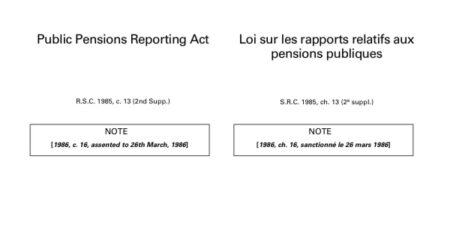The Greek Pension Reform Strategy 2010–2015
By Georgios Symeonidis
In 2010, Greece, under the pressure of an increasing public debt, was forced to resort to the Troika, which is the designation of the triumvirate which comprises the European Commission (EC), the European Central Bank (ECB) and the International Monetary Fund (IMF). The Troika agreed to provide Greece with financial help, on special terms recorded in a Memorandum of Understanding (MoU) between the Greek Government and the Troika. One of the most important reforms that are recorded in the MoU is the Pension Reform since the Greek Social Security System had long showed signs of unsustainability and insolvency. The recession also caused further impoverishment of old-age people followed by the rest of the population and this became one of the main reasons that the reforms could not be fully implemented for fear of further impoverishment of pensioners and social exclusion in general, as well as political cost which is always a key factor. This paper aims to further analyze and present the impact of the reforms on the Greek Pension System and the people who rely on it, through an actuarial, statistical analysis and point out the changes in the main factors mentioned above and how they correlate.
Full Content: The World Bank










